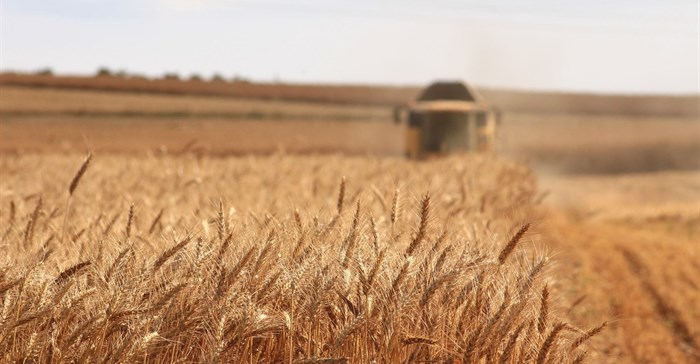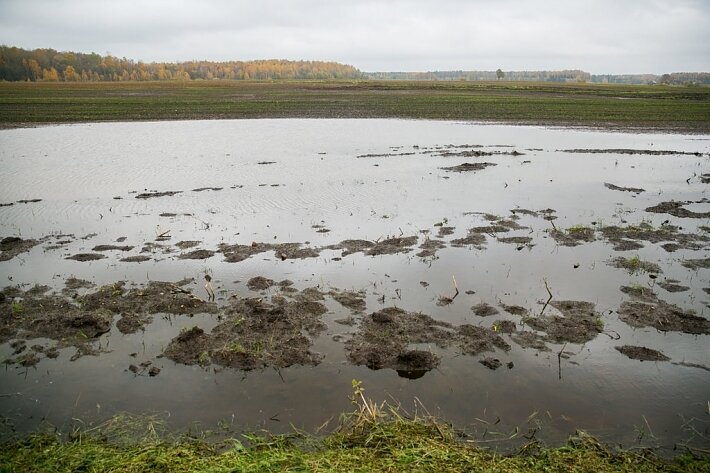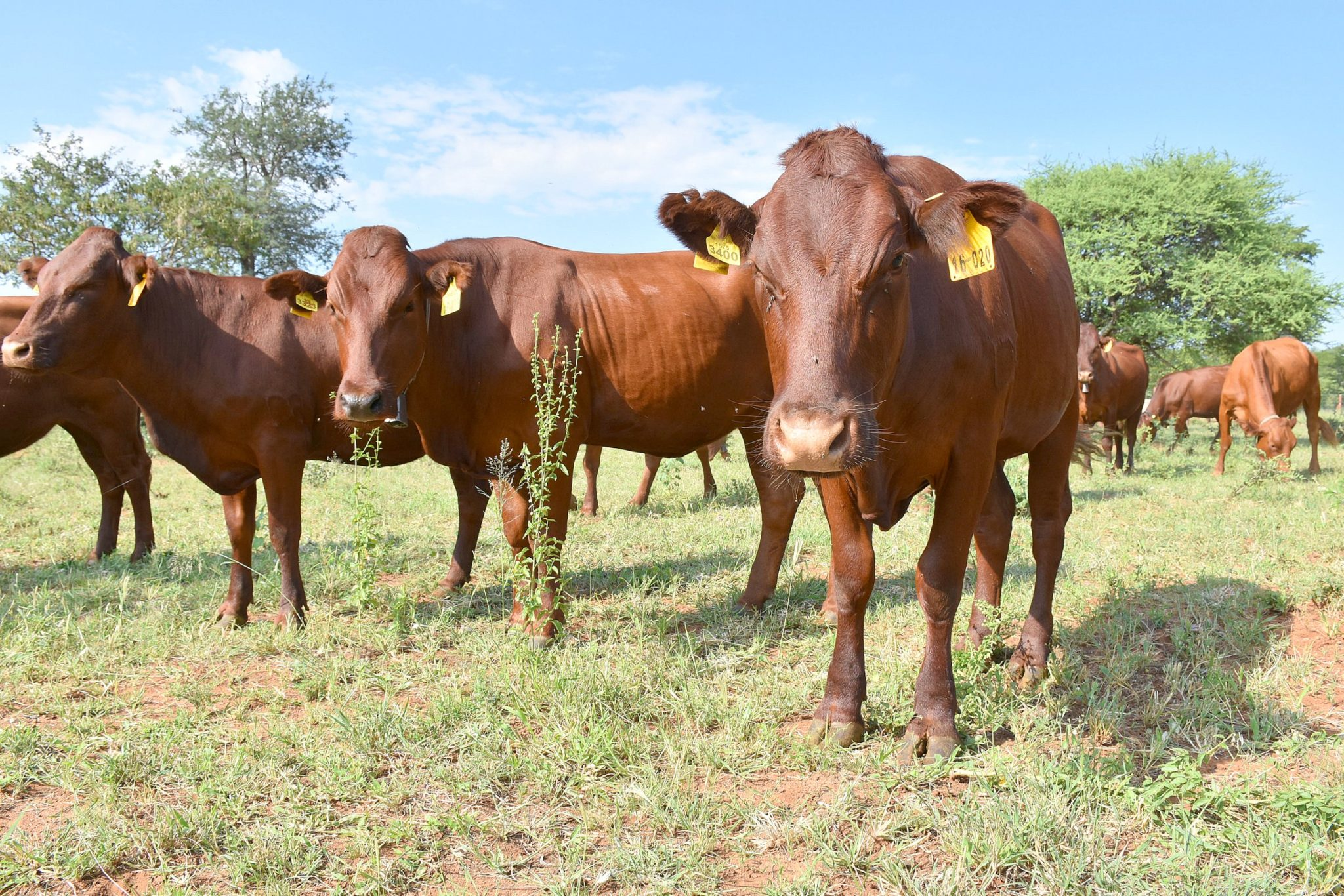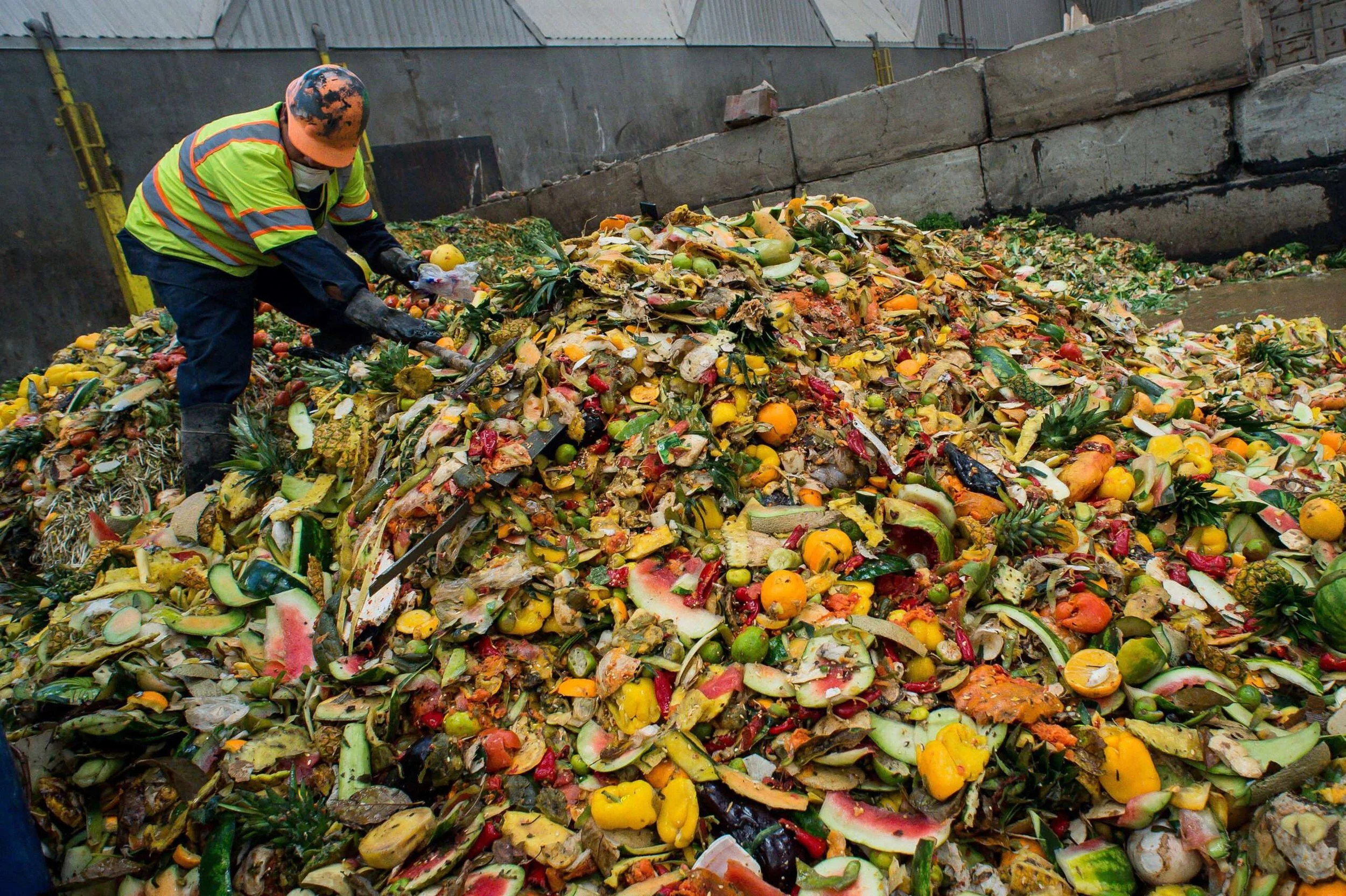Sclerotinia affects a variety of crops, from canola to pulses to soybean. For Manitoba sunflower growers, the disease is a triple threat, with the potential to strike plants at the base, mid-stem or head. In 2016, it was present in 94 per cent of Manitoba sunflower fields.
Dr. Khalid Rashid, research scientist at Agriculture and Agri-Food Canada’s Morden Research and Development Centre, surveyed 40 sunflower fields in Manitoba in 2016 to collect data about the prevalence of key diseases infecting the crop. He says knowing what to watch for — and how to manage it — can save yield loss and quality issues that come with infection.
“With sclerotinia, the inoculant is all over — it’s a matter of a combination of environment and susceptible hosts,” says Rashid. “No crop has resistance, so we must rely on management, with crop rotation or fungicide application.”
So why is sclerotinia so prevalent? It’s because the fungus overwinters in soil by forming a thick mass of mycelia called sclerotia that can handle cold temperatures. Sclerotia can survive in the soil or crop stubble for upwards of five years. It also has a host range of more than 300 plant species.
“If a field is under normal soil moisture conditions and sclerotia is in the soil during spring planting, the sclerotia germinate producing white mycelia,” says Rashid. “The mycelia infect the roots, causing root rot or basal stem infection in sunflower.” The root infections take place as early as the seedling stage but when the plant’s demand for nutrients is highest before flowering, growers will notice wilting of the whole plant and sometimes a group of adjacent plants due to root to root infections in densely seeded crops. Infected plants die quickly.

For Manitoba sunflower growers the disease is a triple threat with the potential to strike plants at the base (l), mid-stem (m) or head (r).photo: Khalid Rashid, AAFC
Because sclerotia in soil can infect the roots or base stem, waiting a few years before planting another susceptible crop in an infected field may give the sclerotia time to die off. The National Sunflower Association of Canada recommends rotation to cereals and corn. For basal stem rot fungicide control is not an option because sclerotia are scattered throughout the soil, and any seed treatment may protect the seed and seedlings for a short period of time during the seedling stage.
When fungus takes flight
Sunflower crops are also susceptible to sclerotinia head rot and mid-stem rot, due to infections by the airborne ascospores of this fungus. If soil moisture is high, the sclerotia in the wet soil germinate by producing mushroom-like bodies called apothecia, and these produce large number of ascospores that can originate in the sunflower field or be blown in from nearby fields.
“If you plant sunflower in a field that had cereals last year and corn the year before, but the adjacent field had sclerotinia from last year, those mushroom bodies (apothecia) are going to be formed if weather conditions are right, and they’ll produce the airborne ascospores,” Rashid says. “That’s when crop rotation becomes less effective, and the sunflower crop is susceptible to head rot or mid-stalk rot.”
To infect a crop or a plant, ascospores need mild weather and a source of nutrients. Rashid says the sugary glands on sunflower stems, and sunflower heads that are loaded with pollen provide ideal nutrient sources for the ascospores for infection.
“Infection from spores can happen anytime from early-season to maturity, depending on environmental conditions and the availability of ascospores,” says Rashid. “It causes quite a bit of damage some years.”
Plants infected at the stalk will drop and break, resulting in a full loss on the plant. Plants infected at the head will cause yield and quality loss, and the produce is often unusable for the sunflower seed or confection market.

When plants are infected at the head there will be yield and quality loss, and the crop is often unusable for the sunflower seed or confection market.photo: Khalid Rashid, AAFC
Resources from The National Sunflower Association of Canada suggest head-rot is the most important disease affecting sunflower production. Growers should pay careful attention to application windows recommended for sclerotinia fungicide control. Growers should also look for sunflower hybrids that have some resistance to the disease.
Source - http://www.grainews.ca














